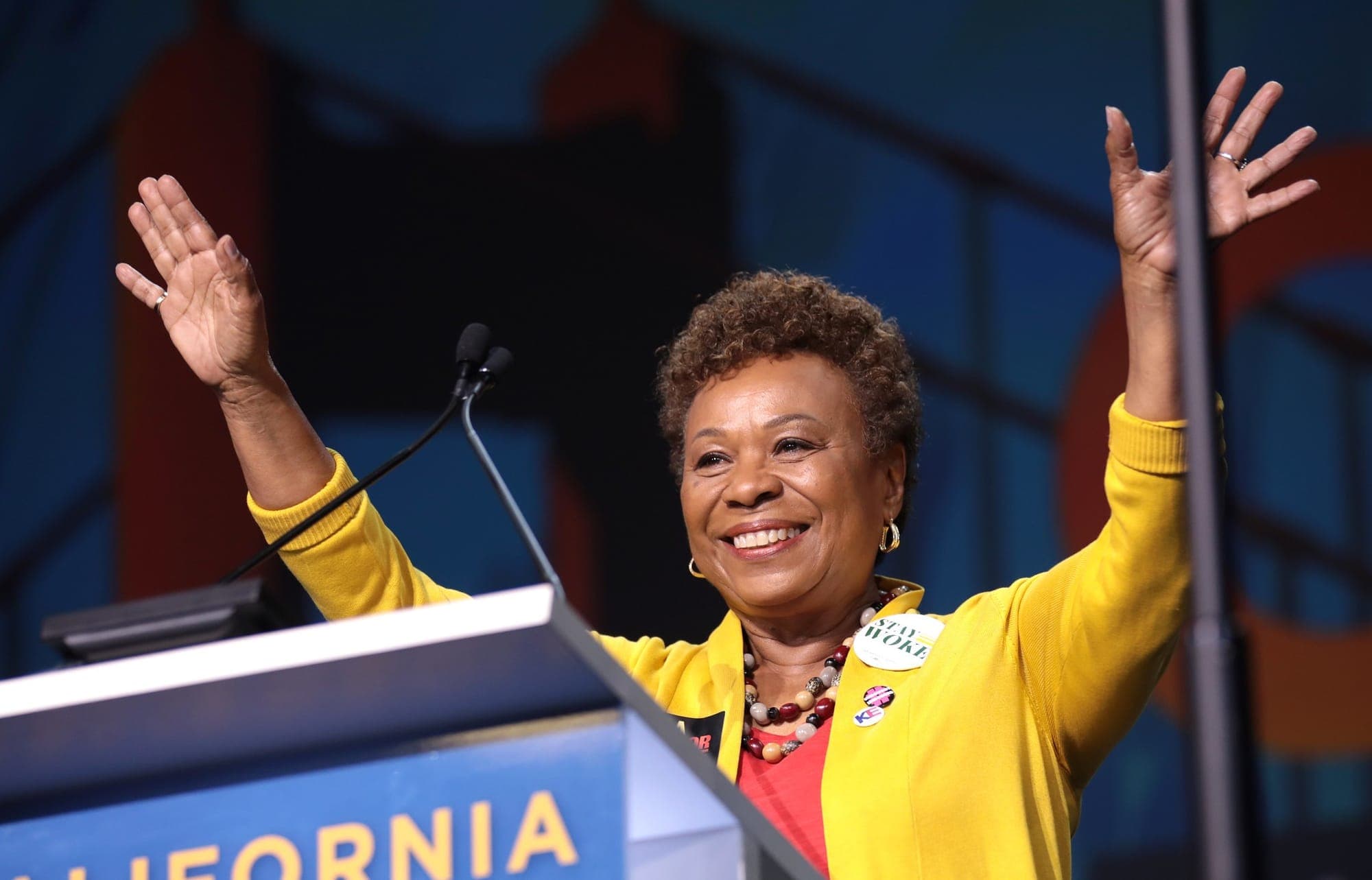Barbara Lee Embraces Ranked Choice Strategy as Oakland’s Mayoral Race Enters Final Stretch

OAKLAND, CALIF. - With Oakland’s high-stakes special mayoral election coming up on April 15, former U.S. Rep. Barbara Lee has released a video outlining a ranked choice voting (RCV) strategy — officially urging her supporters to rank multiple names on their ballots.
In the video, Lee encourages voters to rank her as their number one choice, followed by Renia Webb, Suz Robinson, Elizabeth Swaney, and President Cristina Grappo in the second through fifth slots.
“These are folks who don’t just talk the talk; they walk it — boldly and with integrity,” Lee says. “They’re in it for the people, not the politics.” She describes the group as “incredible, values-driven candidates.”
“Oakland deserves a little more light, a little more laughter, and a whole lot more love,” she adds.
Lee’s move is earning praise among RCV advocates, who say her strategy reflects the system’s intent: to foster coalition-building and reduce campaign negativity.
RCV is designed to reward civility since candidates benefit from being the second or third choice of their opponents’ supporters. By uplifting other candidates instead of attacking them, Lee demonstrates how RCV can create space for collaboration over conflict.
A widely respected leader, Lee brings decades of public service to the race. She represented Oakland and the East Bay in Congress for over 25 years.
The special election was triggered by Mayor Sheng Thao's successful recall on Election Day 2024, opening the door for 15 candidates to compete for Oakland’s top job. Former City Councilor Loren Taylor, who narrowly lost to Thao in the 2022 election, is also among the field.
With such a crowded ballot, RCV is crucial in preventing vote-splitting and ensuring a winner with broad support. Instead of having to pick just one candidate among many, voters can rank up to five in order of preference.
If no candidate receives a majority of first-choice votes, the lowest-polling candidate is eliminated, and their voters’ next choices are considered. This process continues until someone secures more than 50% of the vote.
The ability to rank multiple candidates allows voters to express a range of preferences without the fear of “wasting” their vote. It also means that lesser-known candidates can influence the outcome, and front-runners like Lee must build consensus beyond their core base to win.
Lee’s public embrace of RCV could influence how voters approach their ballots — and how candidates position themselves in the final stretch. It also reflects the system’s growing acceptance among Oakland residents.
In a recent poll, 77% of voters said they were satisfied with the city’s use of RCV.
As the campaign barrels toward Election Day, the winner may not be determined by first-choice votes alone, but by who can build the broadest coalition of support across the rankings.
Oakland’s special mayoral election offers a vivid example of ranked-choice voting in action. Watch Barbara Lee’s video outlining her RCV strategy here. Election Day is April 15, 2025. Polls are open from 7:00 AM to 8:00 PM.
 Cara Brown McCormick
Cara Brown McCormick





